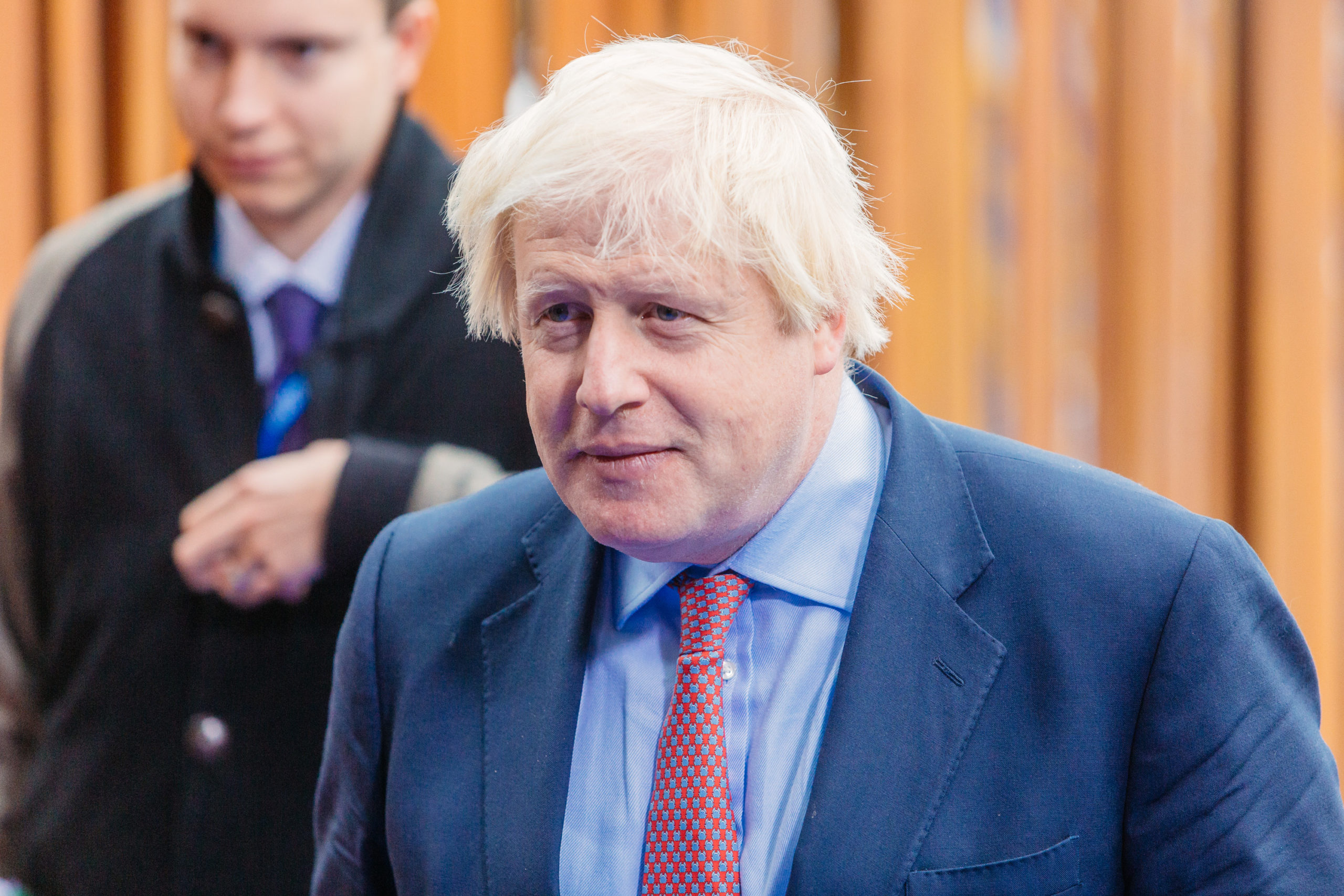A group of journalists recently walked out of a briefing at Downing Street. The gesture was in solidarity for colleagues who were allegedly uninvited and told to leave. While Downing Street denies this, a minister told MPs that “we reserve the right to brief journalists which we choose whenever we wish to, and that is not something abnormal.”
The decision has been criticised by journalists and MPs who accuse Downing Street of adopting Trumpian attitudes and damaging democracy. Some say this constitutes press censorship, suggesting that Boris Johnson is following Donald Trump’s example.
The incident in question took place at a briefing on the government’s Brexit policy. Journalists who were invited brought colleagues from other media outlets such as The Mirror, The i, HuffPost, PoliticsHome, the Independent and others. The journalists were separated upon arrival, and those not on the invite list were asked to leave. In a show of solidarity, the remaining journalists left with their colleagues.
Press relations have always been a defining feature of any government. At times these relations are openly friendly or hostile. Regardless of the quality of these relationships, a key tenet of democracy has always been the freedom of the press. The government’s standpoint that they can decide which outlets receive information is a dangerous violation of our democracy.
If normalised, this behaviour could lead British democracy down a slippery slope as our government potentially begins to immerse itself in Trumpian practices of the ‘post-truth’ era. Different outlets may be privy to different information based on their political standings or the demographic that corresponds with their readership. This ability to pick and choose would be invaluable in an election, but highly immoral and undemocratic.
In addition, this incident raises concerns over the government’s current standing. Considering the government’s huge majority, one would imagine that such desperate tactics to control the agenda would be beneath them. In the context of Brexit, the pomp and confidence characterising Boris’s language are defeated by this thinly veiled censorship. Such actions would make any government appear weak
On the other hand, this could be the government flexing its power to do as it pleases. This behaviour could be seen as a poor attempt to appear strong in anticipation of Brexit and trade negotiations.
This is especially worrying for the country if the government is acting in such a defensive way, with months of Brexit negotiations ahead of the country, as well as the ambitious claims that the Tory manifesto put forward.
Strong parallels can be drawn between this incident and Trump’s interactions with the media. Trump’s brazen dismissals of questions from critical outlets, principally CNN, along with his belittling of journalists are tactics which could be easily adopted by a Prime Minister keen to grow closer to the USA. The refusal to include unfriendly media outlets in the democratic process would lead to the dominance of pro-Boris rhetoric. This is similar to how Trump has maintained a firm grip on his supporters via Fox News and other Republican-friendly outlets. This interferes with the political discourse and distracts from pressing issues, as reports dwell on those who were not at briefings rather than what was said at them.
Behaviour such as this is never becoming of any Prime Minister, President, or other Head of State. The press should always be allowed to operate freely in a democracy. Government briefings and announcements should be available to all media outlets. Restricting the audiences of these briefings denies the public a diversity of interpretations, views and ideas that fuel the discourse of our democracy. This situation should lead to more scrutiny of the government’s activities, with the aim of ensuring that this behaviour is not repeated.
Rayan Striebel
Image: Wikimedia Commons.

